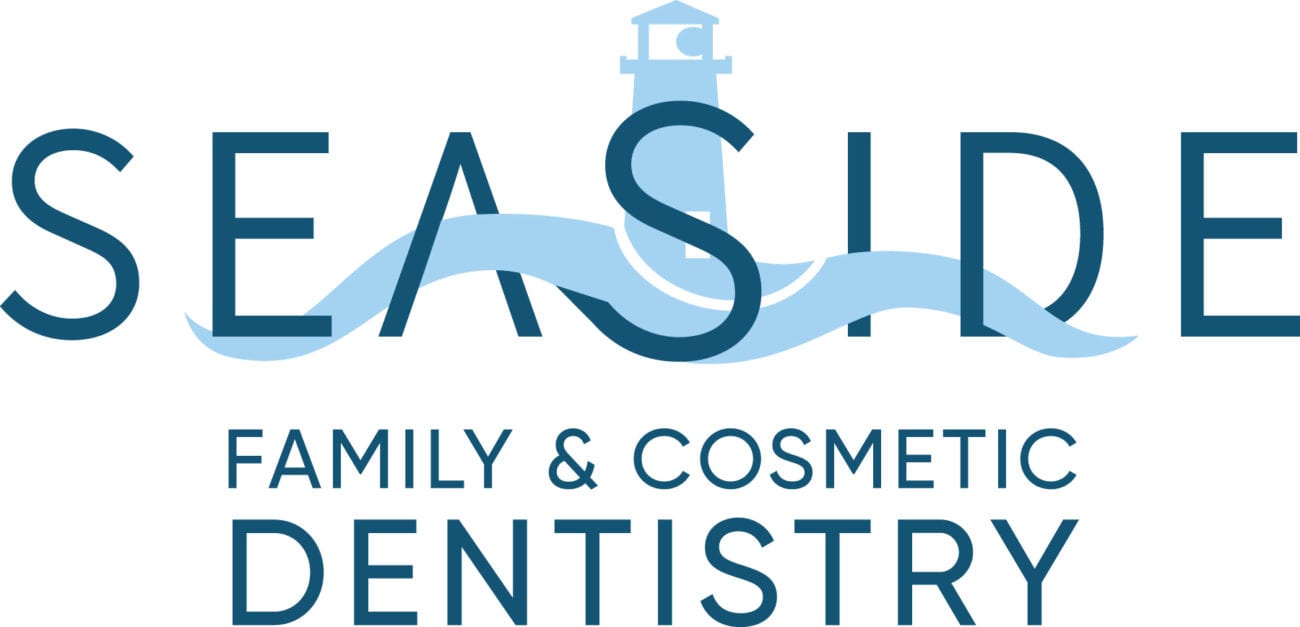Gum disease, also known as periodontal disease, is a prevalent oral health issue that affects millions of people worldwide. It begins with gum inflammation and, if left untreated, can progress to more severe stages. This progression can lead to significant health problems. Early treatment is essential for maintaining not only oral health but also overall well-being. Understanding the nature of gum disease and its implications can motivate individuals to seek timely intervention.


Understanding Gum Disease
Gum disease starts with the accumulation of plaque on the teeth. Plaque is a sticky film composed of bacteria, food particles, and saliva. When plaque is not removed through regular brushing and flossing, it irritates the gums, causing them to become red and swollen. This stage of gum disease is known as gingivitis. Gingivitis is the mildest form and is typically reversible with proper oral hygiene. However, if plaque is not addressed, it hardens into tartar, which is more difficult to remove and can lead to more serious issues.
As the disease progresses, it advances to periodontitis, a more severe form. Periodontitis involves the destruction of the supporting structures of the teeth, including the bone. This destruction occurs as the body’s immune response to the bacteria in plaque and tartar. Without treatment, periodontitis can cause irreversible damage, including tooth loss. Understanding these stages underscores the importance of early intervention.
Health Risks of Untreated Gum Disease
Untreated gum disease poses significant risks to oral health, with tooth loss being one of the most serious consequences. The infection damages the gums and the bone that supports the teeth, weakening the bond between them. As a result, teeth may become loose and eventually fall out. Tooth loss can have a profound impact on an individual’s quality of life, affecting their ability to speak clearly and chew food properly. It can also lead to a loss of confidence and self-esteem.
Beyond oral health, periodontal disease has been linked to several systemic health issues. Research has shown a connection between gum disease and heart disease, as the inflammation from gum disease may contribute to the development of cardiovascular conditions. Additionally, individuals with diabetes are more susceptible to periodontal disease, and the presence of disease can make it more difficult to control blood sugar levels. These connections highlight the importance of treating gums early to reduce the risk of related health issues.
Signs and Symptoms
Recognizing the signs and symptoms of periodontal disease early is crucial for effective treatment. Common symptoms include red, swollen, or bleeding gums, especially during brushing or flossing. Persistent bad breath and a bad taste in the mouth are also indicative of disease. As the condition progresses, gums may recede, making teeth appear longer than usual. Teeth may become loose or shift position, altering the bite and appearance of the smile.
Regular dental check-ups are essential for identifying these symptoms early. Dental professionals can conduct thorough examinations and provide guidance on appropriate treatment options. They can also educate patients on the importance of maintaining good oral hygiene practices to prevent the progression of gum disease.
Prevention and Maintenance
Preventing gum disease involves adopting good oral hygiene practices. Brushing teeth twice a day with fluoride toothpaste and flossing daily are fundamental steps in maintaining oral health. These practices help remove plaque and prevent its buildup. Regular dental check-ups and professional cleanings are also crucial for preventing disease. Dental professionals can remove plaque and tartar that cannot be eliminated through regular brushing and flossing.
A healthy diet plays a significant role in supporting oral health. Consuming a balanced diet rich in vitamins and minerals can strengthen the immune system and promote healthy gums. Limiting sugary foods and drinks can reduce plaque formation, as sugar serves as a food source for bacteria. Avoiding tobacco products is also important, as smoking increases the risk of developing periodontal disease and can hinder treatment outcomes.
Seaside Family & Cosmetic Dentistry offers a comfortable and welcoming environment, ensuring patients feel at ease during their visits. Their commitment to patient care and education empowers individuals to take control of their oral health. Contact them today to schedule your dental consultation and experience the benefits of early gum disease treatment.
